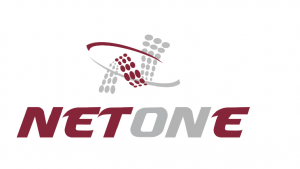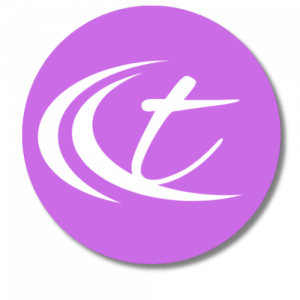1. Purpose of the Internship
The Software Engineering Internship is designed to provide practical exposure to software development and IT project execution. The intern will gain hands-on experience in coding, debugging, testing, and deployment under the guidance of senior engineers. This role bridges the gap between academic learning and real-world practice, preparing the intern for a career in software engineering.
2. Key Responsibilities
The intern will:
1. Assist in developing, testing, and maintaining software applications.
2. Write clean and maintainable code under supervision.
3. Support troubleshooting and bug-fixing tasks.
4. Participate in code reviews, stand-ups, and sprint planning.
5. Contribute to technical documentation and knowledge sharing.
6. Learn and apply best practices in version control (Git).
7. Work collaboratively with cross-functional teams (design, QA, product).
8. Demonstrate curiosity and continuous learning in new tools and technologies.
3. Learning Outcomes
By the end of the internship, the intern should be able to:
• Apply software engineering principles in a professional setting.
• Use industry-standard tools (e.g., GitHub, Jira, Postman/Insomia, Docker).
• Understand Agile/Scrum workflows.
• Debug and optimize code effectively.
• Communicate and collaborate within a development team.
• Build a portfolio of contributions to live projects.
4. Required Skills & Qualifications
• Currently pursuing/completed a degree/diploma in Computer Science, Software Engineering, or related field.
• Basic programming knowledge (JavaScript, Python, Flutter, GoLang, C#, or equivalent).
• Familiarity with databases (SQL/NoSQL).
• Understanding of object-oriented programming and software lifecycle.
• Strong analytical and problem-solving skills.
• Eagerness to learn and adapt to new technologies.
5. Evaluation & KPIs
Performance will be assessed based on:
• Learning Attitude – openness to feedback and growth.
• Contribution – participation in assigned tasks and projects.
• Quality of Work – coding practices, documentation, and execution.
• Delivery Time – the duration it takes to deliver assigned tasks.
• Collaboration – teamwork and communication with peers.
• Professional Development – improvement demonstrated throughout internship.
6. Benefits of the Internship
• Hands-on exposure to real-world projects.
• Mentorship and guidance from experienced engineers.
• Career development and potential pathway to full-time employment.
• Internship Stipend













